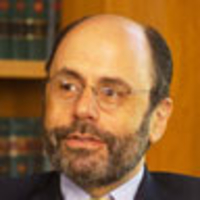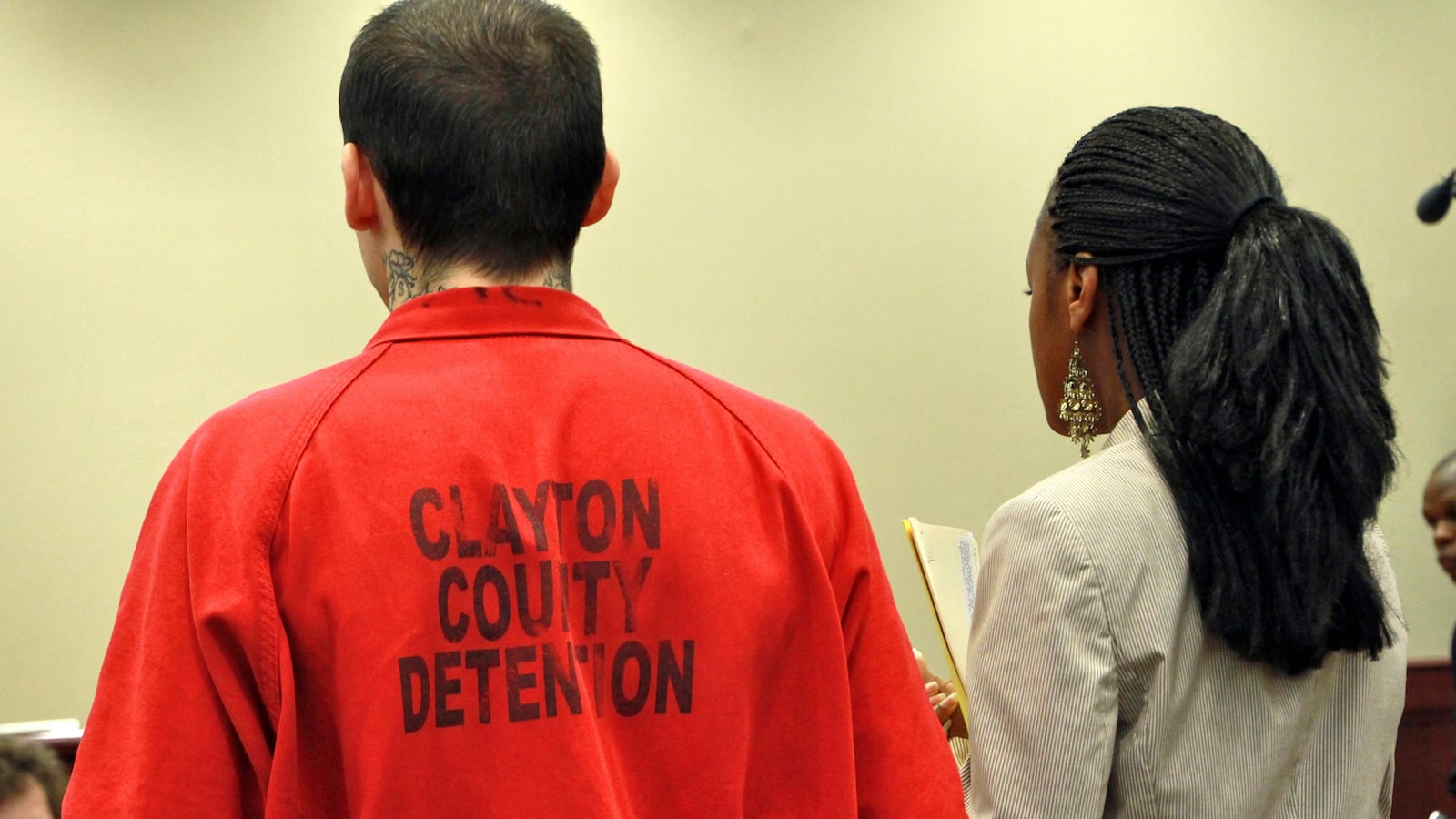This year marks the 50th anniversary of the Supreme Court’s decision in Gideon v. Wainwright, which held that the constitutional right to counsel in a criminal case extends to poor people who are unable to afford a lawyer.

The 1961 trial involved Clarence Earl Gideon, who was charged in a Florida court with the felony burglary of a local pool hall. Gideon protested his innocence and asked the judge to appoint a lawyer to represent him at trial; the judge refused, noting that under then existing Florida law, lawyers were only provided in capital cases. The Gideon case and its progeny established the constitutional right to counsel, not only at trial, but at all critical stages of a criminal proceeding.
The documentary Gideon’s Army, premiering July 1 on HBO, offers a hard and unvarnished look at the public defenders, 15,000 of them in the United States, who, in the wake of Gideon, regularly provide legal services to the indigent. The film focuses on public defenders practicing in the Deep South, where lawyers face particularly difficult challenges due to high bonds, mandatory minimum sentencing, and a culture that is traditionally “tough on crime.”
Featured public defenders Brandy Alexander, Travis Williams, and June Hardwick labor along with little pay, long hours, and staggering caseloads that require each to represent more than 100 clients at any given time. These are the largely unheralded lawyers who are in the trenches every day, fighting almost insurmountable odds to provide effective representation to their clients.
Underneath the despair and frustration, these attorneys exude an almost inconceivable yet fiercely honorable dedication to the success of their clients, whether at trial or by a favorable guilty plea.
The film most prominently follows the stories of two indicted young men, Demontes Wright and Branden Mullin, through the lens of their individual court proceedings. Both men were accused of armed robbery and neither had yet reached their 21st birthdays. Wright went to trial and was acquitted because of a shaky identification. Mullin pleaded guilty and received five years in prison, avoiding a non-parolable 10-year mandatory minimum had he been convicted after trial.
Criminal trials have become rare in America. Last year, the Supreme Court noted that 97 percent of federal convictions and 94 percent of state convictions are the result of guilty pleas, making the U.S. justice system one of pleas rather than of trials. Brett Willis, a senior public defender who appears in the documentary, states, “The reality is 90 percent or 95 percent of the people who get charged with something plead guilty… because the system is designed to force them to plead guilty and it punishes their failure to comply.”
As demonstrated by the Mullin case, plea bargaining often affords the opportunity to avoid the risk of double-digit mandatory-minimum sentences. But plea bargaining also demands effective assistance of counsel, requiring a careful analysis of the client’s file and an investigation of the facts, to ferret out the strengths and weaknesses of the state’s case, to find that opportunity—that vulnerable spot in the prosecution’s case that may result in a more favorable disposition for the client.
And often times this very hard work is done under the most difficult of circumstances—with unearned stress of the worst kind. No better example of this can be found than when Brandy Alexander discovers that one of her clients had been plotting to kill her in the courtroom if she didn’t win an acquittal in his murder trial. In a discussion with colleagues, she draws the obvious conclusion that many of her clients are “no hopers,” truly evil people with no redeeming qualities. But, as Travis Williams puts it, “Every case has a redeeming quality, not necessarily every person.”
In discussions both light and intense, director Dawn Porter is absolutely brilliant in collapsing the divide between the camera and the discussion. Her subjects are quite comfortable and forthcoming, honestly revealing without “playing” to the camera. Nevertheless, Porter’s film makes clear that no matter how steep the challenge, these conscientious young lawyers rise to the occasion; they are hardworking and talented. Obviously qualified to obtain more lucrative employment in the private sector, these underpaid and overworked attorneys are the “true believers” who strive to insure that their clients receive the process to which they are due.






